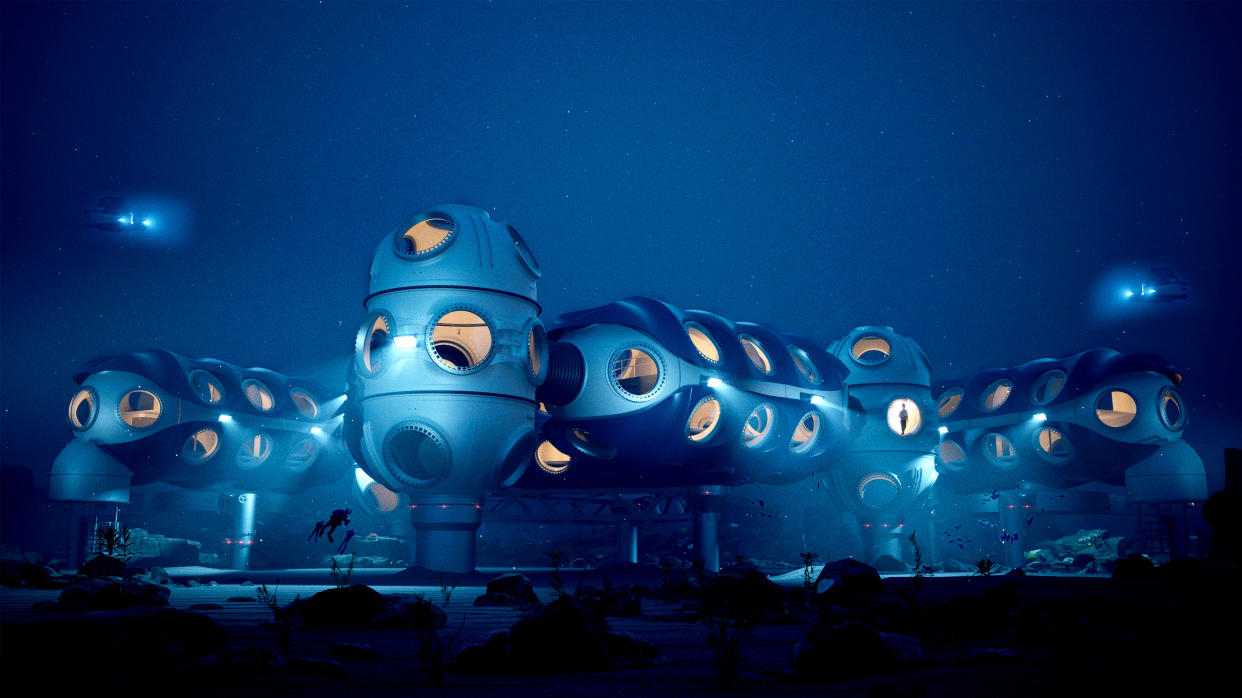Remarkable subsea habitat could let humans live permanently underwater by 2027

The Beatles' dream of wanting to live in an octopus's garden may soon be a reality - as a British firm are creating technology that will allow us to live under the sea.
Ocean technology and exploration firm DEEP has announced an ambitious plan to establish a permanent presence under the oceans by 2027.
The company's mission, simply to "make humans aquatic," revolves around developing innovative technology and solutions to explore and inhabit the ocean's depths. At the core of this initiative are several key components, including the Sentinel - an underwater territory that will redefine how scientists live and work beneath the cover of water.
Additionally, a range of submersibles, dive equipment, and scientific research tools will help complement this habitat, further supported by comprehensive technical and human performance training and qualification programs. Incredibly, the Sentinel environment boasts the ability to be globally classed by DNV, a leading classification society for underwater technology. This will enable scientists to live and work underwater at depths of up to 200 m (656 feet) for extended periods, up to 28 days at a time.
More importantly, this particular depth allows researchers entry into the ocean's Epipelagic, or "sunlight" zone, where 90% of marine life is believed to live. The capacity to comprehensively explore this space, rather than merely making brief surface incursions, promises to revolutionize how scientists observe, monitor, and understand the oceans. Unlike previous fixed-location and temporary structures, Sentinel is modular, scalable, autonomous, recoverable, re-configurable, and re-deployable. This adaptability makes it exceptionally effective for long-term underwater operations.
"We need to preserve the oceans. To do that, we need to understand them. The oceans sit at the centre of many of the generational challenges the world is facing, and they also offer opportunities we have not even begun to comprehend," said Steve Etherton, president of EMEA at DEEP. "Through our innovative technology, DEEP will enable scientists to operate at depth for extended periods of time, and we hope, in some small way, will contribute to our understanding of this life-giving environment."

 Yahoo News
Yahoo News 
